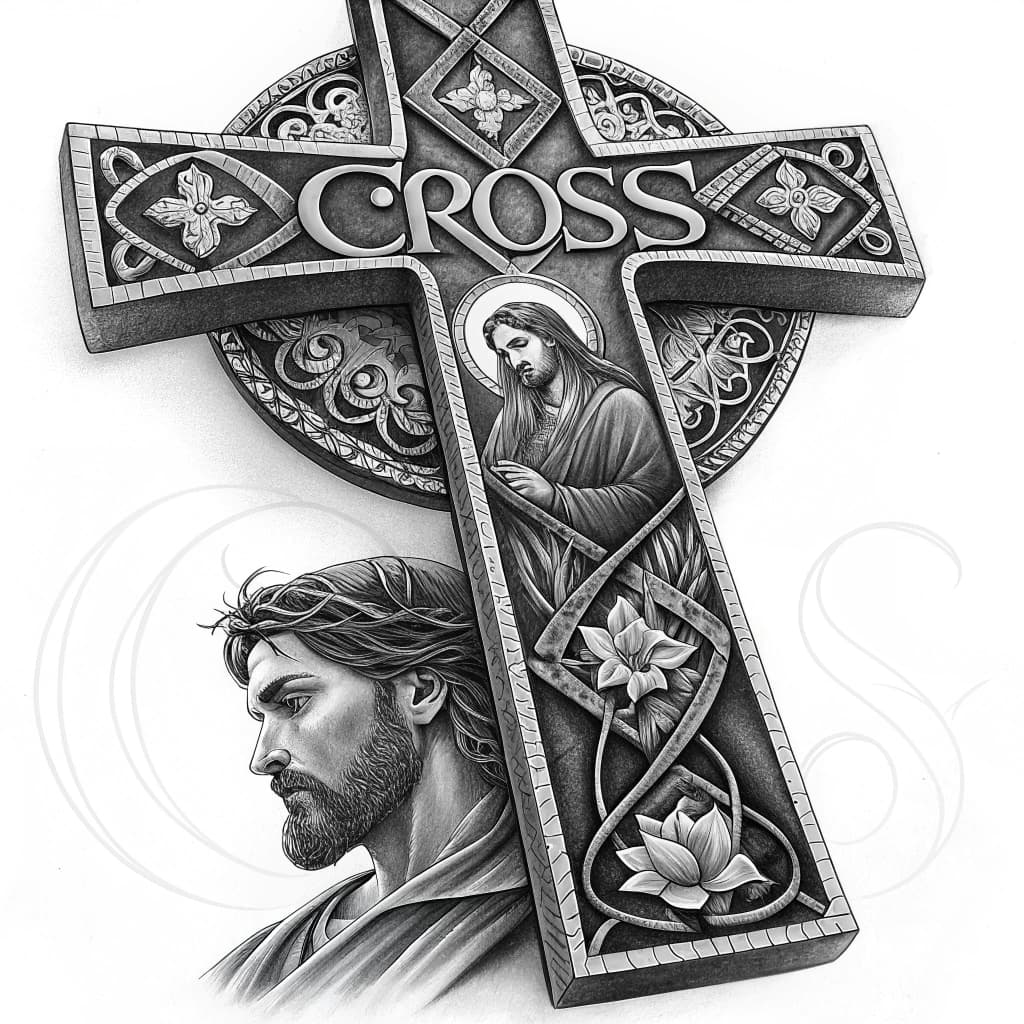
One of the most common questions we encounter is "What does the Bible say about tattoos?" Let's dive deep into this fascinating topic and explore it from various angles.
Understanding the Biblical Context
To truly understand the biblical perspective on tattoos, we need to consider the historical and cultural context of biblical times. In ancient Middle Eastern cultures, tattoos often had pagan religious significance, which influenced many biblical teachings.
During my research and discussions with religious scholars, I've learned that many ancient practices mentioned in the Bible were specifically addressed to distinguish God's people from surrounding cultures.

The Famous Leviticus Passage
The most frequently cited biblical reference about tattoos comes from Leviticus 19:28:
"You shall not make any cuttings in your flesh for the dead, nor tattoo any marks upon you: I am the Lord."
However, it's crucial to understand this verse in context. This passage was specifically addressing pagan mourning practices of the time, rather than the modern concept of artistic tattoos.
Corinthians 6:19-20
Do you not know that your bodies are temples of the Holy Spirit, who is in you, whom you have received from God? You are not your own;
you were bought at a price. Therefore honor God with your bodies.
Corinthians 10:31
So whether you eat or drink or whatever you do, do it all for the glory of God.
Tattoos in the New Testament
Interestingly, the New Testament doesn't directly address tattoos. Some scholars point to
Revelation 19:16Modern Christian Perspectives
Today's Christian views on tattoos vary widely:
-
Some denominations embrace tattoos as a form of religious expression
-
Others maintain conservative views based on the Leviticus passage
-
Many focus on the intention behind the tattoo rather than the act itself
We have met with numerous Christian clients who choose to express their faith through meaningful religious tattoos. The key consideration often isn't whether tattoos are inherently sinful, but rather the motivation and meaning behind them.

Bible Verse Tattoos and Religious Expression
We've observed a beautiful trend of people using their bodies as canvases for expressing their faith. Popular choices include:
-
Scripture verses
-
Religious symbols like the cross
-
Hebrew or Greek biblical text
-
Religious imagery like praying hands or angels
When designing bible verse tattoos, I always encourage clients to:
-
Choose verses that deeply resonate with their faith journey
-
Consider the placement carefully
-
Ensure accurate translation and spelling
-
Think about long-term significance

Are Tattoos a Sin?
This question requires careful consideration of several factors:
-
The context of biblical passages
-
Personal conviction and faith
-
Cultural context
-
Intention behind the tattoo
From my experience working with religious leaders and believers, the consensus often comes down to personal conviction and motivation. Many modern Christian scholars argue that getting a tattoo isn't inherently sinful, especially when done thoughtfully and with pure intentions.
Making an Informed Decision
If you're a person of faith considering a tattoo, I recommend:
-
Praying and reflecting on your decision
-
Discussing it with your spiritual leaders
-
Researching the biblical context
-
Considering your motivations
-
Choosing meaningful designs that align with your beliefs
Remember, this decision is deeply personal and should be made with careful consideration of both your faith and personal convictions.
Conclusion
While the Bible's direct references to tattoos are limited and contextual, the modern interpretation often focuses more on intention and meaning rather than the act itself. As a tattoo artist who has worked with many religious clients, I've seen how tattoos can become powerful expressions of faith when approached thoughtfully and respectfully.
Have questions about religious tattoos or want to discuss your ideas? Feel free to reach out to a local tattoo artist who has experience with religious designs, or consult with your spiritual advisor for guidance specific to your faith journey.




